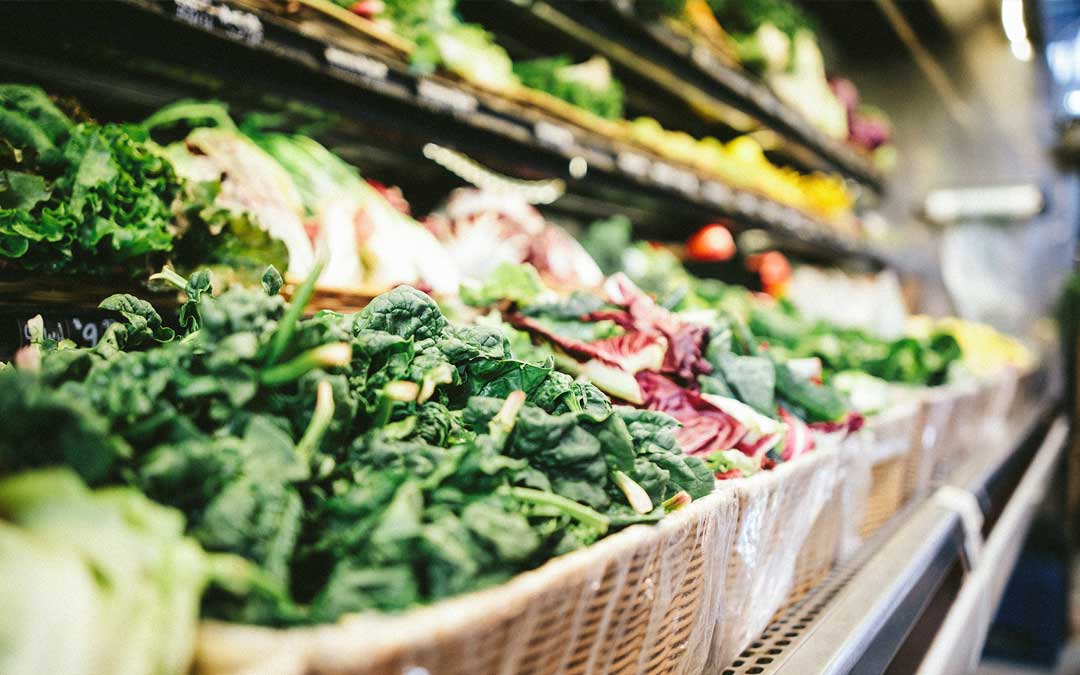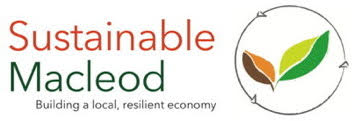Food Security

Towards a Banyule Food Strategy
Recent rises in the prices of basic foodstuffs has come as a shock to many of us. Most of us would take for granted that food is both available and affordable, but how secure is our access to food really?
Not as secure as we might like to believe, according to Australian defense leaders. Former defense force chief, Chris Barrie, is quoted in the Guardian as saying that global warming “fundamentally threatens our ability to secure our food and water supplies.”
The war in Ukraine, covid-19, and the recent flooding in NSW have brought home the reality of just how fragile are the systems supporting food availability. Recently, food has become significantly more expensive and it is easy to imagine a situation where some basic foodstuffs might become unavailable at some point.
Despite a rosy view of Australian food security published by the Australian Government, pointing out we export more food than we consume, recent weeks have shown that food security is about more than growing enough food. Reports from remote aboriginal communities reveal how increases in food costs hit those who can least afford it. In the Northern Territory, for example, food in remote communities is 56% more expensive than in regional supermarkets, placing some food items beyond the reach of those on low incomes.
In this case, transport costs are the chief culprit. The price of petrol at the bowser that we see nationally, means there is an increase in the cost of transporting food, which is passed on at the point of sale. This affects those of us in urban areas, as well as those living more remotely, since transport is built into the cost of everything we eat.
The rising cost of food hits lower income families who are dealing with an increase in the cost of housing. Do they pay the rent (or mortgage), or do they put nutritious food on the table? It is an almost impossible choice for some families, and not one they should have to face.
In Banyule, agencies such as BANSIC (Banyule Support and Information Centre), deal with an increasing number of residents who are in need of assistance with food. Recently they have increased their refrigeration capacity to deal with the demand. It is impossible to escape the reality that there are people in our community who do not have secure access to food.
I am pleased to say that Sustainable Macleod donated all produce harvested during lockdown to BANSIC.
In 2021, I wrote a Food Strategy Discussion paper for Banyule City Council. At this point, Banyule does not have a comprehensive Food Strategy. I am convinced that such a strategy is of vital importance for Banyule. Readily available, nutritious food is a human right, and as a community we should take every possible step to protect that right.
Sustainable Macleod will continue to advocate for a Banyule Food Strategy. Should you have an interest in contributing to developing such a strategy, please contact me on: sustainablemacleod@gmail.com. I can also send you a copy of our Food Strategy submission.
References
https://www.ifpri.org/topic/food-security
https://www.agriculture.gov.au/abares/products/insights/australian-food-security-and-COVID-19
Written by Paul Gale-Baker
